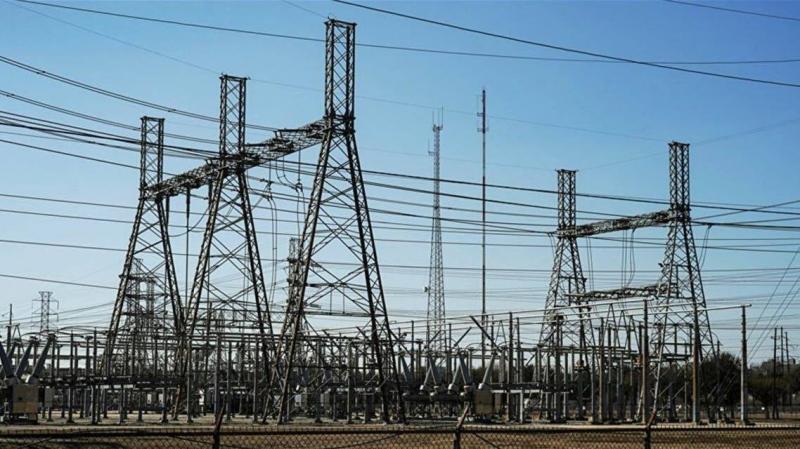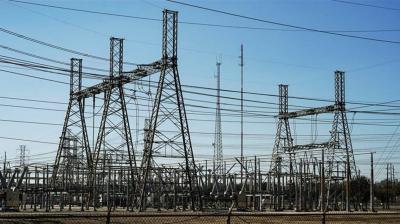Unknown assailants exploded electricity towers between the cities of Haditha and Al-Qa'im in Anbar, western Iraq, on Saturday, according to Al Arabiya's correspondent. The incident resulted in a complete power outage in the districts of Al-Qa'im and Al-Ramadi in Anbar following the explosion of the power towers.
On Saturday morning, explosions targeted two power transmission lines near Mosul and Kirkuk in northern Iraq, leading to the "Mala Abdullah line" going out of service and a general electricity blackout in the district of Dibis in Kirkuk Province. The Joint Operations Command announced on Friday the start of measures to limit attacks on power towers.
Brigadier General Tahseen Al-Khafaji, spokesman for the Joint Operations Command, stated that "the Joint Operations Command opened an operations room with the Ministry of Electricity, involving all security forces, including the Iraqi army, federal police, popular mobilization forces, and energy police." He added that "security forces have begun to implement plans by including drones, air force planes, and Iraqi army aviation, indicating that "the towers and areas targeted have been identified."
He noted that "security forces have started preparing a series of measures and precautions to mitigate and identify areas targeted by terrorist organizations against electrical towers." Earlier on Friday, the Security Media Cell announced the thwarting of an attempt to blow up an energy transmission line in the Baiji district in Salah al-Din.
Iraqi Prime Minister Mustafa Al-Kadhimi dismissed the General Director of Electricity in Central Euphrates and referred others for investigation due to negligence following repeated electricity outages. Al-Kadhimi instructed all security agencies to intensify efforts to provide a safe and healthy environment for citizens and candidates, given the upcoming elections, to encourage wide public participation.
Al-Kadhimi also directed operation commanders and intelligence agencies to "address attacks on power towers, protect them, and pursue criminal groups." Hundreds of Iraqis protested in the capital Baghdad on Friday over increased power outages and water supply shortages, as temperatures exceeded 50 degrees Celsius in some parts of the country.
Iraq's main electricity grid suffers from outages lasting several hours daily throughout the year, but the situation worsens during the summer months when temperatures typically hit 50 degrees Celsius, increasing the use of air conditioning. The crisis has been exacerbated this month by reduced electricity supplies from Iran and a series of attacks by militants on power lines.
On Tuesday, four provinces in southern Iraq experienced a complete power outage due to repeated attacks on the power transmission network, according to the Ministry of Electricity. Several provinces in the south, including Maysan and Wasit, have seen repeated protests at power generation stations, resulting in injuries to five protesters and seven security personnel during demonstrations in Wasit.
Since 2003, all electricity ministers have failed to address this issue by each summer, resulting in resignations, especially as the government blames the electricity minister during each wave of protests. The same situation occurred this year, with Minister Majid Hantush, supported by the Sadrist movement led by Shiite cleric Muqtada al-Sadr, resigning a day before Iran halted its gas exports to Iraq, plunging the country into darkness.




